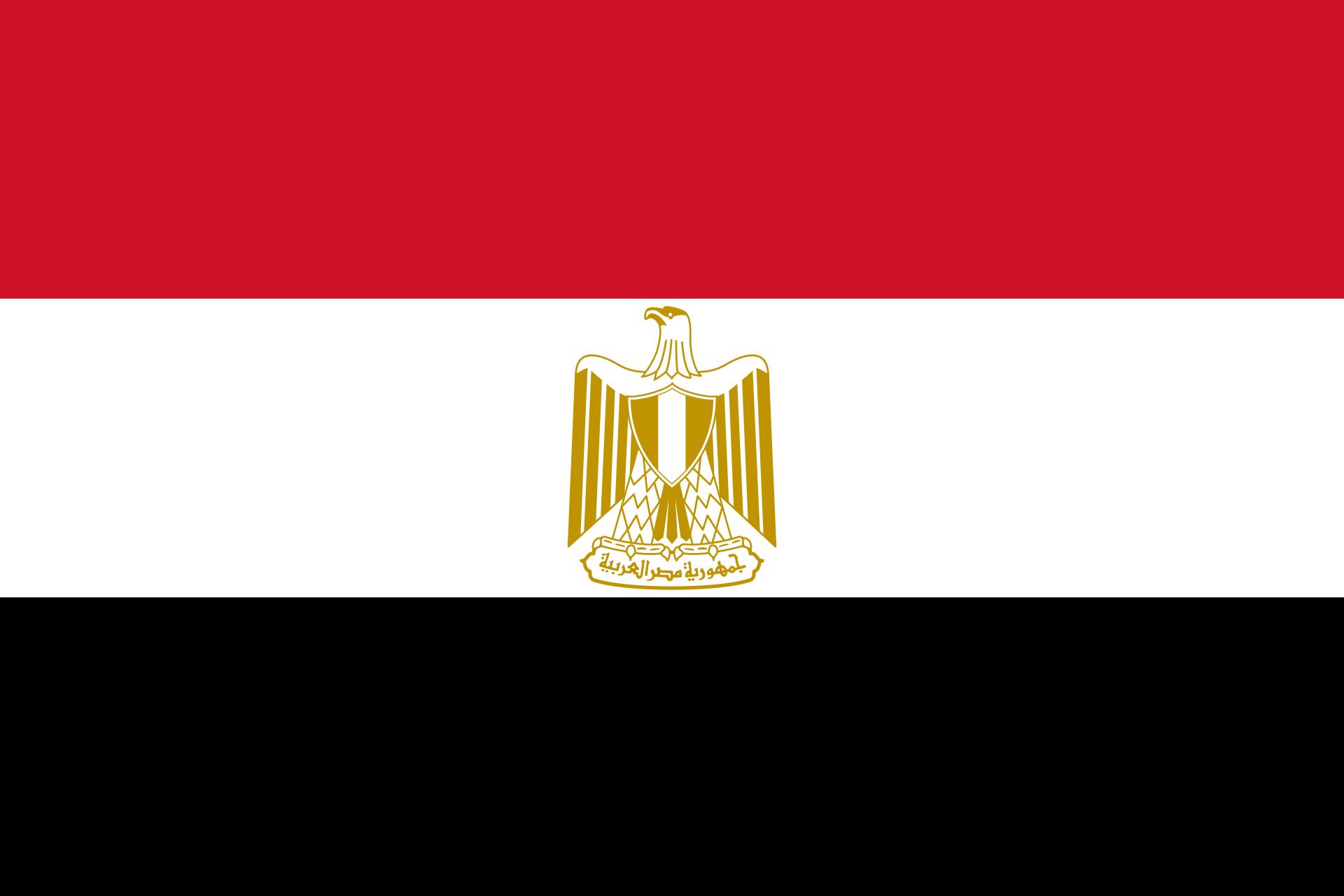Taba International Airport
Taba International Airport is a small airport located in the town of Taba, in the Sinai Peninsula of Egypt. It primarily serves domestic flights, connecting Taba to other cities in Egypt. Below is an overview of Taba International Airport and some additional information about the region:

International Airport with IATA & ICAO Code:
-
IATA Code: TCP
ICAO Code: HETB
Geo Code: Latitude 29.5903, Longitude 34.9711
Domestic and International Connectivity:
Taba International Airport primarily operates domestic flights that connect Taba to other Egyptian cities, providing a convenient means of travel within the country.
Airport Facilities:
The airport is equipped with basic facilities to serve travelers. These may include check-in services, baggage services, a waiting area, and a small selection of shops and eateries. While it may not have extensive amenities, it ensures a smooth travel experience for its passengers.
Capital City:
The capital city of Egypt is Cairo, which is located to the west of Taba.
Places of Tourist Sightseeing in Taba:
Taba is a picturesque resort town along the Red Sea, known for its stunning natural beauty and recreational activities. Popular attractions and activities in Taba include:
Taba Heights: A resort area offering beautiful beaches, golf courses, and water sports.
Pharaoh’s Island: Home to historical sites and a scenic island experience.
Diving and Snorkeling: Explore the Red Sea’s underwater world with vibrant coral reefs and marine life.
Desert Safaris: Take desert excursions to discover the Sinai’s unique landscapes.
Taba Heights: A resort area offering beautiful beaches, golf courses, and water sports.
Pharaoh’s Island: Home to historical sites and a scenic island experience.
Diving and Snorkeling: Explore the Red Sea’s underwater world with vibrant coral reefs and marine life.
Desert Safaris: Take desert excursions to discover the Sinai’s unique landscapes.
Religious Places:
Taba is not particularly known for religious sites, but the region is home to a mix of Islamic and Bedouin traditions.
Currency: The currency used in Egypt is the Egyptian Pound (EGP).
Currency: The currency used in Egypt is the Egyptian Pound (EGP).
Local Cuisines:
Egyptian cuisine offers a variety of delicious dishes. While in Taba, you can enjoy local specialties such as koshari, shawarma, falafel, and a wide array of Middle Eastern sweets. Freshly brewed Egyptian tea and strong Arabic coffee are also popular choices.
Cultural Activities:
Explore local markets and bazaars to discover traditional crafts, jewellery, and souvenirs.
Enjoy live music and entertainment at the resorts and hotels.
Participate in desert-based cultural experiences to learn about Bedouin traditions.
Enjoy live music and entertainment at the resorts and hotels.
Participate in desert-based cultural experiences to learn about Bedouin traditions.
-
Best 3-Star, 4-Star, and 5-Star Hotels: Taba is known for its resorts and hotels, which offer a range of accommodations:
3-Star Hotels: Options may include Taba Hotel & Nelson Village and Taba Sands Hotel & Casino.
4-Star Hotels: Consider properties like Taba Heights Marriott Beach Resort and Swiss Inn Dream Resort Taba.
5-Star Hotels: Explore high-end options like Mövenpick Resort Taba and Hilton Taba Resort & Nelson Village.
Transport Connectivity:
-
Road: Taba is accessible by road, and there are highways connecting it to other parts of Egypt and neighboring countries.
Rail: Egypt has a national railway network, but Taba does not have a railway station.
Metro: Egypt's metro systems are mainly located in Cairo, and Taba does not have a metro.
Local Transport Network: Local taxis and shuttle services are available for transportation within the town and to nearby attractions.
Population:
The population of Taba is relatively small, and it is primarily a tourist destination.
Religion:
Islam is the predominant religion in Egypt, with the majority of the population adhering to Sunni Islam.
Languages Spoken:
The official language of Egypt is Arabic. English is commonly spoken in the tourism industry, and you may also hear some locals who understand and speak other languages, especially in areas frequented by tourists.
Disclaimer:
The information above is for reference, and we do not accept any liability for inaccuracies or updates.